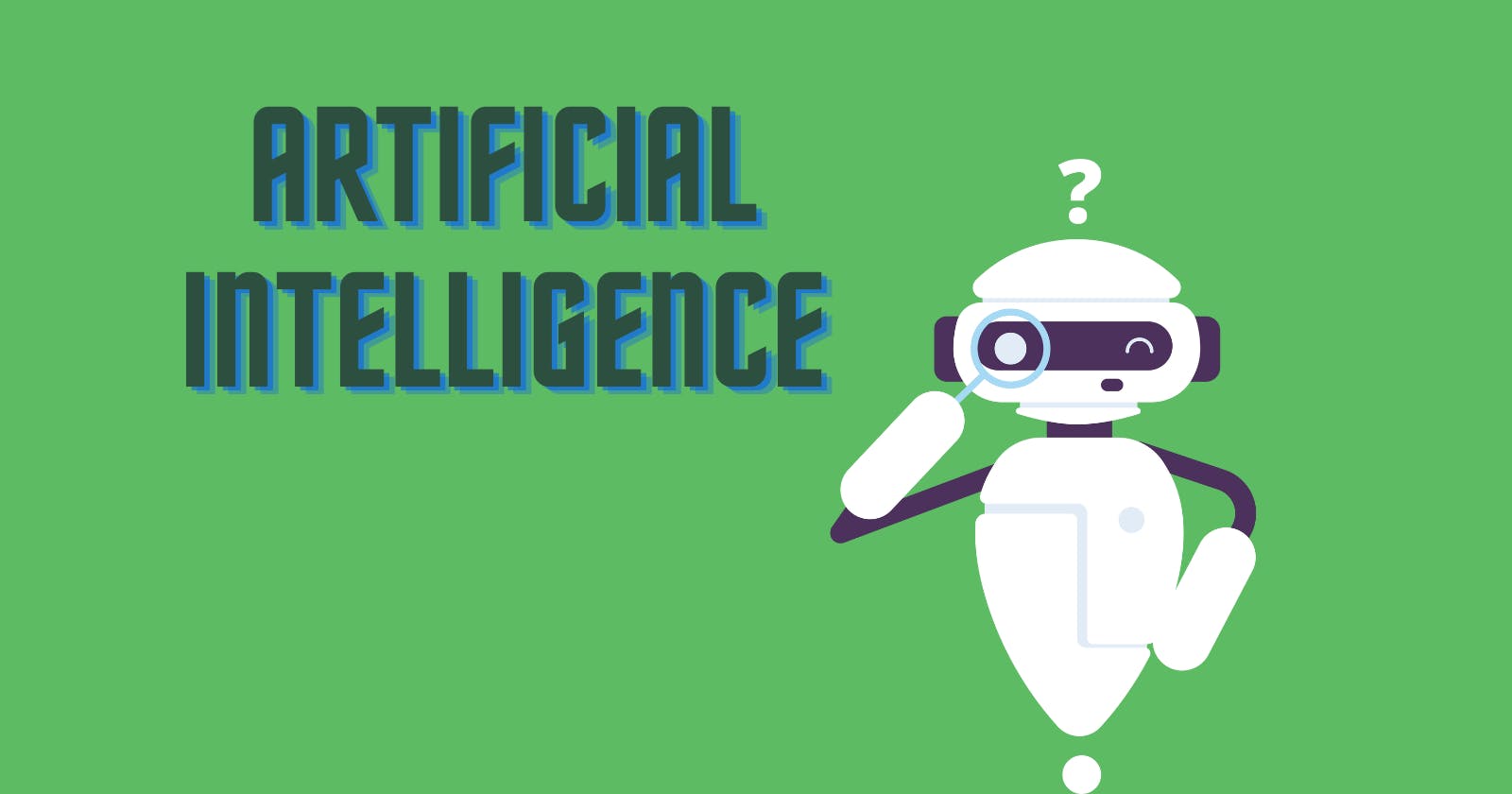Table of contents
Introduction
Artificial intelligence is widely used to describe system development initiatives that deal with human intellectual traits like the capacity for reasoning, generalizing meaning, and learning from prior experience. It is the capacity of a digital computer or a robot controlled by a computer to carry out tasks often performed by intelligent beings. The pioneer of artificial intelligence is John McCarthy. He significantly contributed to the establishment of the field concerned with the development of intelligent machines. However, the phrase "artificial intelligence" wasn't used until a meeting at Dartmouth College in Hanover, New Hampshire, in 1956, when the discipline of AI was properly established.
There are benefits and drawbacks to artificial intelligence.
Positive Aspects
- Impartial Opinions
Humans are controlled by their emotions. On the other hand, AI lacks emotion and approaches issues in a very practical and rational way. The absence of bias in artificial intelligence leads to more precise decision-making, which is a significant advantage.
- Decrease in Human Error
Since people make mistakes, but when computers are properly programmed, they are error-free. Every decision made by AI is based on information previously obtained and a certain set of logarithms.
- New Innovations
People will figure out the majority of complex problems with the help of the numerous AI-powered innovations that are being produced in almost every industry.
- Digital Support
A lot of businesses use digital assistants to provide user-requested material. Digital assistants are used in place of human resources in a variety of high-tech businesses to communicate with customers.
- Available All Day and Every day
People take a day off each week to keep track of their work and personal lives. Due to the way they are constructed, they can also take a break to rest and prepare for a new workweek. Contrary to humans, machines don't become bored while working using AI, they don’t need breaks, and they are always available.
As we have the positive aspects of artificial intelligence, we also have the negative aspects of artificial intelligence.
Negative Aspects
- No Inventiveness
AI can learn over time with the help of experience and post-facts, but it is never inventive. Artificial intelligence (AI) cannot think creatively since it is programmed.
- Absence of morals
We, as individuals, are fundamentally moral beings. It can be challenging to include essential human traits like morals in an AI.
- Emotion Apathy
Since computers or machines lack emotions, they cannot take the place of something like the bonds that people form.
- Costly Rates
Building a machine with human intellect requires a lot of resources. The resources needed to keep it updated are expensive because it requires the most modern software.
- Unemployment
Most repetitive professions are being replaced by machines, which lowers workplace standards and human intervention. Every corporation aspires to replace human workers with AI robots that are more effective at accomplishing the same tasks with a minimum of experienced workers.
Conclusion
Every discovery has benefits and drawbacks. However, it is up to us as humans to control this and make the most of the discovery's advantages.
Thank you for reading this article. If you enjoyed it, please stick around for more.
